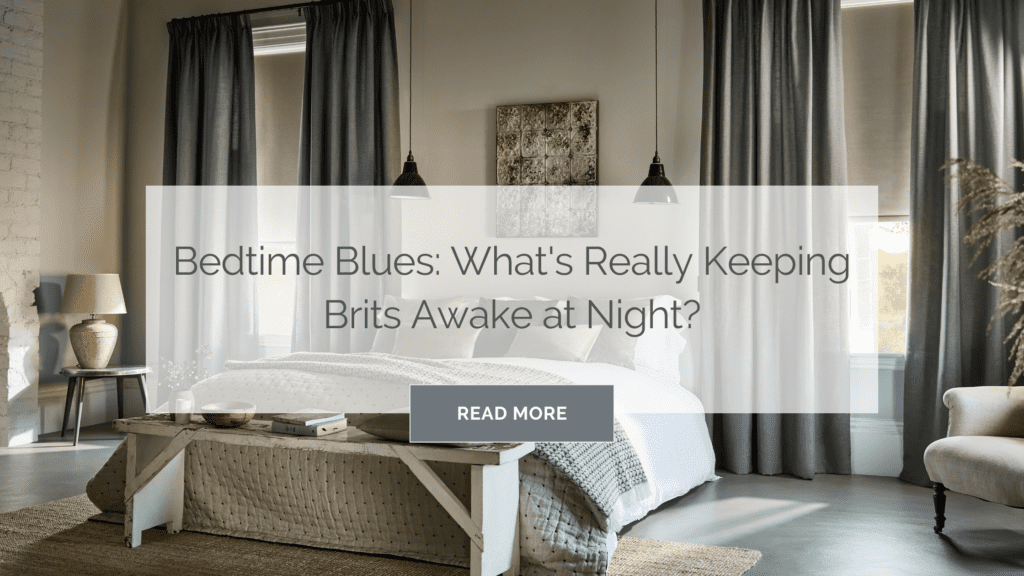Getting a good night’s sleep is a common problem among the Brits, with a large number of factors contributing to restless nights.
What are, then, the major factors that can influence our sleep quality? That’s the question we are trying to answer by analysing the data from a national survey we carried out of over 2000 respondents, with the help of Censuswide.
A little spoiler, the number 1 factor is stress! It stands out as a predominant issue, particularly among young adults in the UK, where an astonishing 86% report stress-related sleep disturbances.
We will look at this topic from different angles, starting from what is disrupting sleep, the complexity of sleep patterns, explaining how factors like being an early riser or a night owl can significantly impact the quality of sleep.
As well as providing a comprehensive understanding of what keeps Brits awake at night, we’ll offer some actionable insights into creating the perfect conditions for a restful sleep, with a special emphasis on managing light and noise.
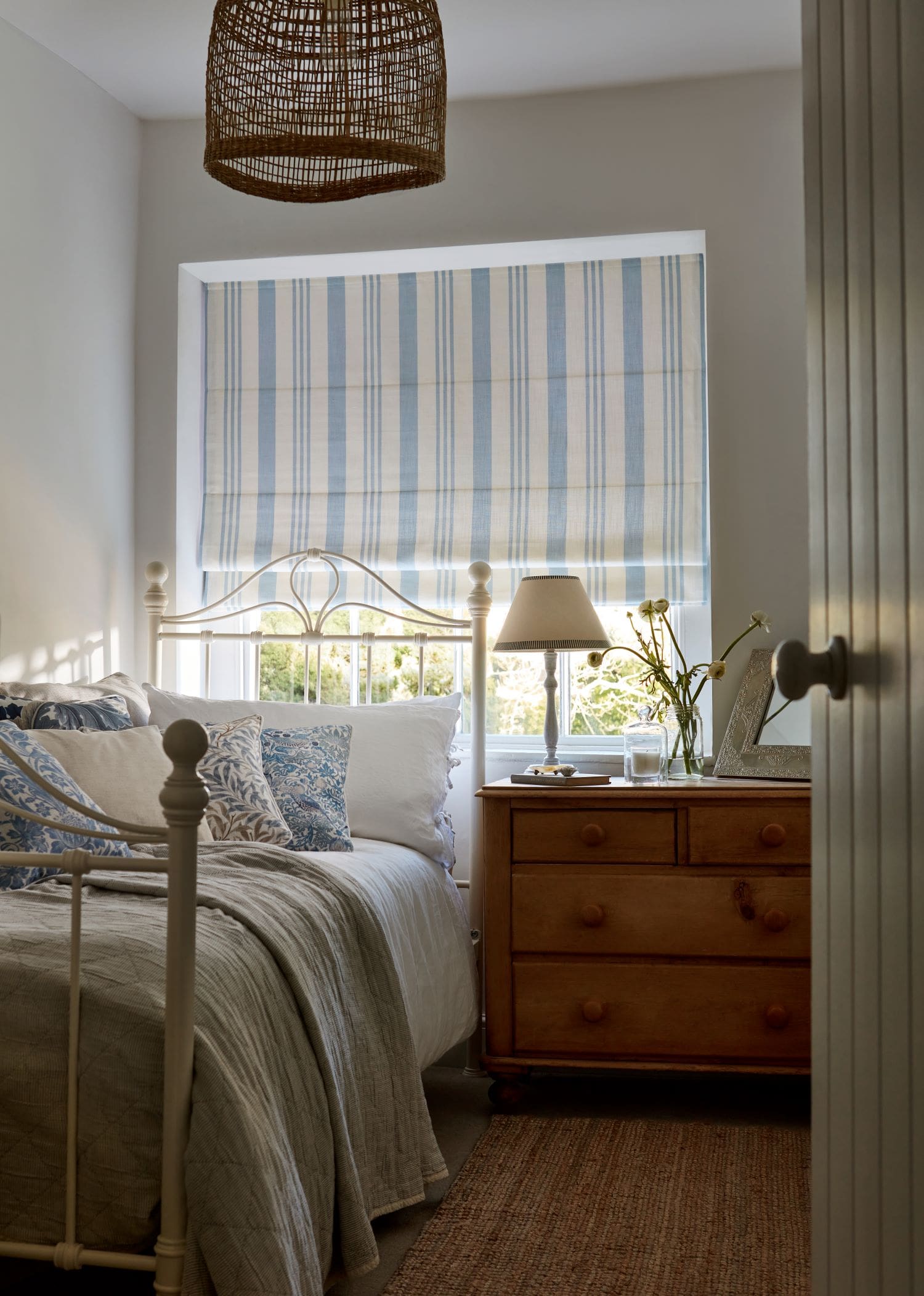
Table of Contents
ToggleWhy Aren’t We Getting a Good Night’s Sleep?
Just under one third of Brits (30%) say they don’t get a good night’s sleep regularly, according to our survey.
Understanding the reasons behind this is essential in addressing and mitigating these issues effectively. Our data reveals a range of factors contributing to sleep disturbances, of which light and noise are major contributors. These statistics highlight the multifaceted nature of sleep disturbances, underscoring the need for varied and tailored approaches to improving sleep.
Ana Brito, Expert Somnologist at Somnissimo, explains this further:
“It’s crucial to note that individual sleep preferences are highly variable and influenced by biological, environmental and personal factors.
The observed differences between genders might result from a complex interplay of various elements. Understanding these factors can be valuable in tailoring sleep advice and interventions to individuals based on their unique circumstances.”
Age and Sleep: Which Generation Sleeps Better?
What happens if we look at different age groups?
As we may expect, younger generations, especially those between 16-24 and 25-34, face higher disturbances due to phone usage before bed (58.60% of the 16-34 age range report phone usage as a sleep disturbance factor compared to 17.35% for 35-44 age range and 14.01% for 45-54 age range).
The blue light emitted by screens can disrupt the body’s circadian rhythm, leading to difficulty in falling asleep. Additionally, the 25-34 age group experiences heightened levels of stress and work-related worries, further impacting sleep.
Millennials vs Gen Z
Let’s take a closer look at youngsters, particularly Gen Z and Millennials. Millennials (those born between 1981 and 1996) report significantly higher levels of stress-related sleep disturbances, with 47.27% indicating stress as a primary disruptor. In comparison, 38.78% of Gen Z (born between 1997 and 2012) report stress as a sleep disturbance, suggesting that while stress is a common issue, Millennials are more affected.
Temperature-related disturbances also seem to vary between these age groups. An example? 29.66% of Gen Z individuals are affected by temperature issues during sleep, slightly higher than the 25.45% of Millennials who report the same. This interesting difference could be attributed to lifestyle or environmental factors unique to each generation.

Regions and Sleep: Where Do Brits Struggle To Sleep The Most?
When it comes to noise disturbances, Millennials again report higher levels, with 31.21% indicating noise as a sleep disruptor, compared to 26.24% of Gen Z. Overall, looking at both internal (stress) and external (noise) factors, it really seems Millennials lost this battle and need to improve their sleep habits.
In regions like Greater London and the West Midlands, the main common disturbances include stress, temperature fluctuations and noise. The high usage of phones before bed in the West Midlands points towards a lifestyle-related disturbance, highlighting the impact of technology on sleep.
North vs South
The regional analysis of sleep disturbances paints a fascinating picture of how geographic location influences sleep patterns. In the North, Liverpool, emerges with the highest percentage of stress-related sleep disturbances at 49.37%. This figure suggests a significant impact of urban living conditions or socio-economic factors prevalent in the city.
What about the South? The survey data shows Cardiff leading with 47.89% of residents reporting stress as a primary factor disturbing their sleep. This high percentage challenges the commonly held perception that such issues are more concentrated in metropolitan areas like London.
Temperature disturbances show a similar geographical divide. In Glasgow, the highest rate of temperature-related sleep disturbances is reported at 34.34%, while Birmingham follow closely with 34.52%. These statistics highlight the impact of regional climatic conditions on sleep.
Noise disturbances are also a notable issue with Edinburgh, reporting a significant 34.25% of residents affected by noise. If we look at the South, Plymouth has a slightly lower percentage of 31.03%, which tells us how urban noise pollution is, actually, a widespread issue across different regions.
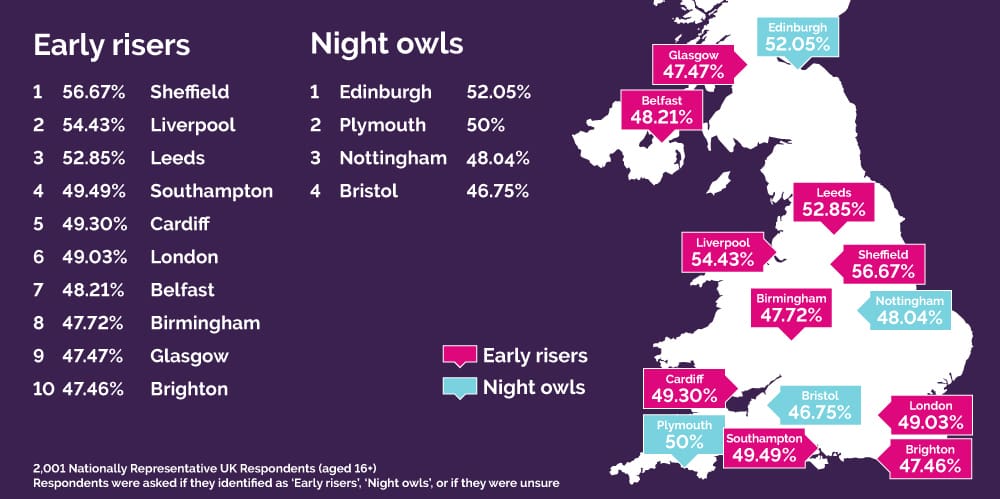
Early Risers or Night Owls: Who Sleeps Better?
The distinction between being an early riser or a night owl has always interested many, wondering which habits benefit our sleeping patterns and our productivity. We will analyse the following stats which, when viewed through the lens of generational and regional differences, can give us a detailed and data-driven answer!
The long-age debate of who sleeps better – a night owl or an early riser – has now been settled. Indeed, our data clearly indicates that early risers are more likely to experience a good night’s sleep compared to night owls. Let’s see the details: while early risers generally report better sleep quality, the statistics for night owls paint a more concerning picture – only about a quarter (24.07%) of night owls report getting a good night’s sleep!
This stark contrast suggests that the natural sleep-wake cycle, or circadian rhythm, which tends to favour earlier sleep and wake times, might be disrupted in night owls, leading to poorer sleep quality. Some more data: a significant 53% of night owls state that they ‘rarely get a good night’s sleep,’ and an alarming 42.28% report that they ‘never get a good night’s sleep.’ Yes, night owl habits seem to really have a negative impact on sleep quality!

Are Millennials And Gen Zers Early Birds or Night Owls?
As we may expect, approximately half of Millennials identify as early risers, which could correlate with their stage in life, involving career building and family raising, necessitating earlier mornings.
What about Gen Zers? The opposite result, over half of Gen Zers are night owls, which might reflect younger age groups’ lifestyle choices, such as later social activities and increased screen time at night.
Is London The UK City That Never Sleeps?
Examining the data regionally adds another layer of understanding, we would all expect London to be the night owl capital of the UK, instead, our data interestingly shows we are mistaken – Londoners are predominantly early risers!
Edinburgh, is instead the number one city of night owls registering with more than half of its residents having late-night habits. This regional variation could be influenced by cultural, social and environmental factors unique to each city.
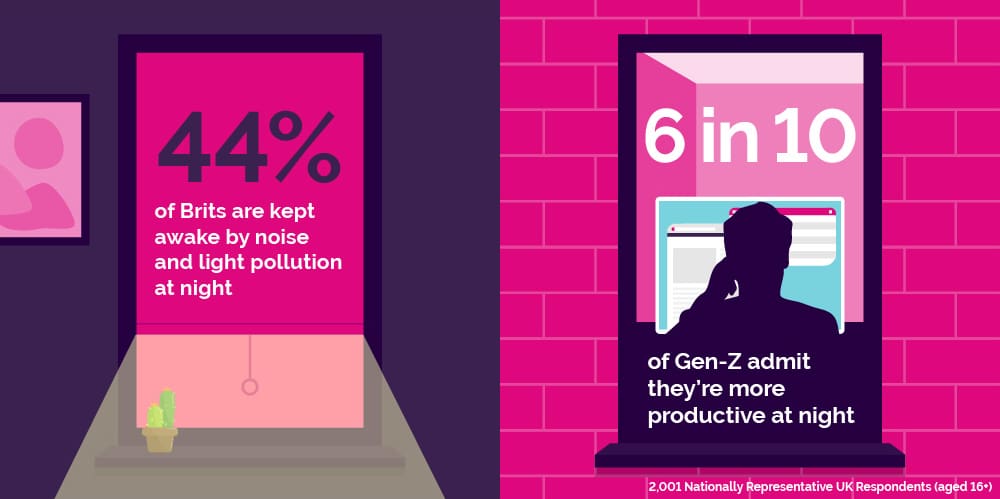
Productivity: Who Has A More Productive Lifestyle?
After analysing who sleeps better between early risers and night owls, let’s look at how sleeping well impacts productivity and what are the main productivity trends highlighted by our survey data. Sleep quality is inevitably linked to how effectively we function during the day, both at work and in our personal lives. How does that work?
Ana Brito gives us an insight:
“A good night’s sleep plays a crucial role in enhancing productivity in various aspects of life, improving memory, physical performance, creativity and problem-solving and decision making skills.
A well-rested mind is better equipped to handle complex tasks and maintain a high level of attention throughout the day.”
Age: Are Millennials The Most Productive Generation?
When it comes to age-related productivity trends, the data reveals that the age groups of 25-34 and 35-44 exhibit the highest productivity rates. These age groups are typically in the prime of their careers, which might understandably demand and encourage higher productivity levels. In particular, Millennials seem really to take it all, they are the most productive generation of society registering 76.97% of productivity at work.
Stephen Goknel, Sleep Guru and Founder of Luff Sleep, gives us some insights on a different age group, focusing on 55+:
“The 55+ age group tend to have dogs, and get up immediately to walk them, getting that morning sunlight that is great for the body and productivity in the morning.”
The data, in fact, highlights how the 55+ age group reports the lowest productivity levels, alongside having the highest percentage of non-working individuals. This trend could be reflective of retirement, health issues or other life changes impacting this age group. It’s interesting to note the potential relationship between reduced work obligations and altered sleep patterns in this demographic.
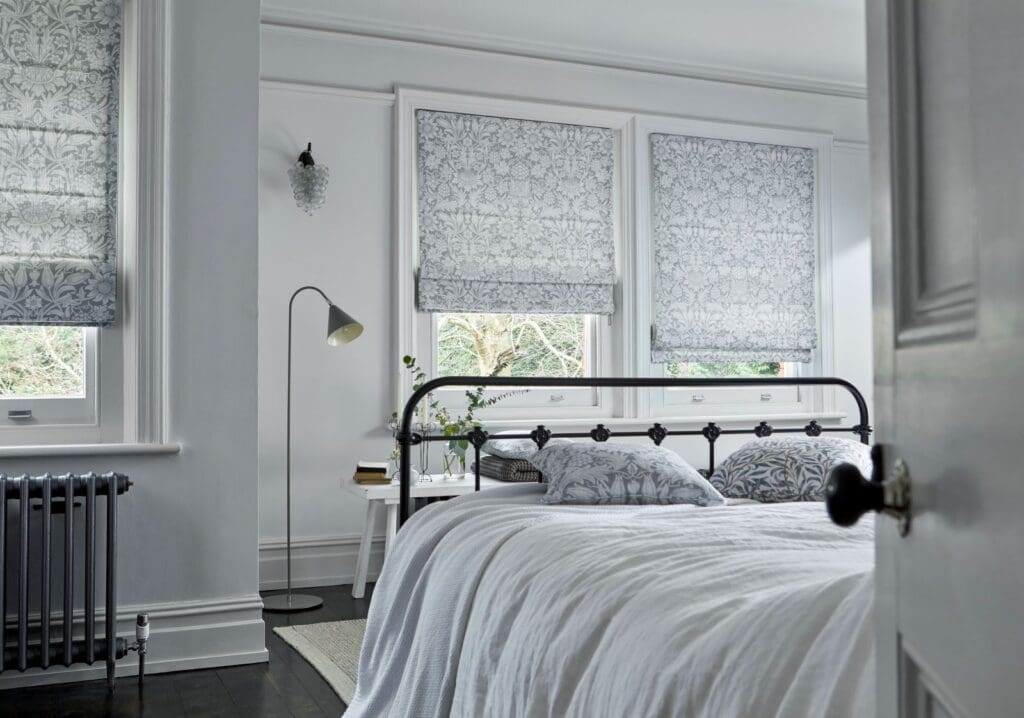
West Midlands, not Greater London, is the most productive region in the UK
Regionally, the winner of productivity is the West Midlands. The data shows a higher productivity rate compared to Greater London and Scotland. This regional variance in productivity could be influenced by various factors, including among many economic opportunities, lifestyle and work culture in these areas. A very intriguing point to make is that the environment in which individuals live and work can significantly impact their productivity levels.
To conclude, the connection between sleep quality and productivity is undeniable across different demographics. As we look at these productivity patterns, it becomes increasingly evident that improving sleep quality could have a substantial impact on enhancing overall productivity.
How To Get Rid Of Bedtime Blues And Create The Perfect Conditions for Sleep
After having looked at the main factors influencing our sleep quality, it’s time to investigate what we can change to improve sleeping patterns and productivity.
Creating an optimal sleep environment is crucial for improving sleep quality, as various studies have shown that people sleep better when their bedroom is optimised for light and noise levels, temperature and comfort. These aspects are directly tied to other elements of human health, emphasising the importance of a sleep-conducive bedroom.
Ana Brito explains:
“Creating a relaxing and sleep-dedicated environment in our bedroom is very important to our sleep quality. So, not only looking into the environment temperature and blocking potential noise disruptors is important, but also, eliminating from our bedroom any sources of light pollution.”

Managing Stress Effectively in 2 Steps
In today’s fast-paced world, managing stress is crucial for achieving restful sleep. Let’s not forget how stress not only hampers the ability to fall asleep but also affects the overall sleep quality. And, as mentioned earlier, a staggering 86% of young adults in the UK report stress-related sleep disturbances.
According to the NHS, here are two recommendations to unwinding before going to bed to ensure a good night’s sleep:
1. Relaxation Techniques
Incorporating relaxation techniques like mindfulness, deep breathing exercises and progressive muscle relaxation in a day-to-day agenda can significantly improve the overall sleep quality. These practices help calm the mind and body, making it easier to reset, relax and fall asleep.
2. Bedtime Routine
Maintaining a consistent routine, often known as sleep hygiene, can significantly enhance sleep quality. Focus, in particular, on a specific bedtime – a key part of a healthy sleep routine is establishing a specific time to start unwinding, with finding a relaxation method being equally crucial.
Adhering to regular bedtimes and wake-up times is another effective sleep practice. One important point is to keep this sleep routine consistent every day, weekends included!
Tips on How to Optimise Sleep Environment
Regulate Room Temperature
The ideal bedroom temperature for sleeping is around 18.3 degrees Celsius (65 degrees Fahrenheit). Adjusting your bedding according to your comfort and the room temperature can help maintain a lower core temperature while you sleep, aiding in better sleep quality.
Invest In Mattress And Bedding
Having a good quality mattress and pillows that suit your personal preferences can significantly enhance sleep comfort.
Stephen Goknel tells us more:
“I recommend finding bedding that’s breathable and wicks any sweat, so that sleep is undisturbed due to overheating. Men tend to experience this less, however if you are sharing a bed with a partner this might be an excellent way to regulate temperature.”
Regularly cleaning your bedding can also contribute to a more sanitary and relaxing sleep environment. Most specialists recommend laundering your bed sheets at least once every two weeks. However, if you tend to sweat a lot during sleep or if you sleep with a pet, it might be beneficial to wash them weekly. Regular cleaning helps to avoid the accumulation of dust mites and body oils, and can also contribute to improved sleep quality.

Reduce The Use Of Technology
The blue light emitted from devices like smartphones and televisions can disrupt sleep. Trying to implement digital curfews and use blue light filters in the evening can minimise this disruption, particularly important as women and younger age groups report higher disturbance due to phone usage before bed.
By implementing these strategies and paying attention to the bedroom environment, you can significantly improve your sleep quality, leading to better overall health and well-being.
How Do Noise and Light Affect Sleeping Quality?
The impact of noise and light on sleep quality is also significant, with both playing crucial roles in determining how well we sleep. Understanding these effects can be the final step to create a perfect sleeping environment.
Noise and Its Disruptive Effects
Leah Aspinall, Head of Design, at Blinds 2go, explains:
“Noise is a common culprit in disrupting sleep. Whether it’s loud neighbours, family activities, pets, a snoring partner, smartphone notifications or street noise, the intrusion of unwanted sounds into the bedroom can significantly degrade sleep quality. Scientific research supports this, showing that excessive noise can negatively affect rest.”
During sleep, the body cycles through three stages of non-rapid eye movement (non-REM) sleep and one stage of rapid eye movement (REM) sleep.
Deep sleep, necessary for feeling fully refreshed, occurs during stage 3 of non-REM sleep. However, exposure to noise alters this normal sleep pattern. Even low levels of noise can lead to more frequent awakenings and reduced time spent in REM and deep sleep stages.
This disruption means that we are less likely to wake up feeling rested and rejuvenated!
Light and Circadian Rhythms, How Do These Impact Sleep?
The body’s circadian rhythms are closely tied to changes in light levels, influencing when you wake up and fall asleep. Natural light, especially in the morning, helps maintain these rhythms, keeping you energised during the day and aiding in sleep induction at night. Stephen Goknel gives an insight into the topic:
“Upon waking, productivity and energy levels have been proven to increase if you get active and into natural light as quickly as possible (within the first 30 mins of waking up). The best thing to do when you start your day is to get up, shower and go for a short walk to signal to your body that it’s time to get going with the day.”
However, modern lifestyles often involve continued exposure to light beyond sunset, through indoor and outdoor lighting and the screens of TVs, computers and smartphones. This prolonged exposure, particularly to blue light from screens, can interfere with sleep. The body is most sensitive to bright light shortly after waking, before bedtime, and during the night. Consequently, artificial light exposure in the evening can delay sleep onset.
Creating a sleep-friendly environment is, in conclusion, crucial in the modern world, where light and noise pollution are rampant, especially in urban areas. These factors are among the leading causes of sleep disturbances, affecting the quality and quantity of rest we get. In response to these challenges, innovative solutions have been developed to provide a more conducive sleep environment.
Products like Blackout Blinds & Pleated Blinds are designed to tackle these issues head-on. They not only block out external light, plunging rooms into total darkness, but also reduce noise, helping to create a tranquil space for sleep.
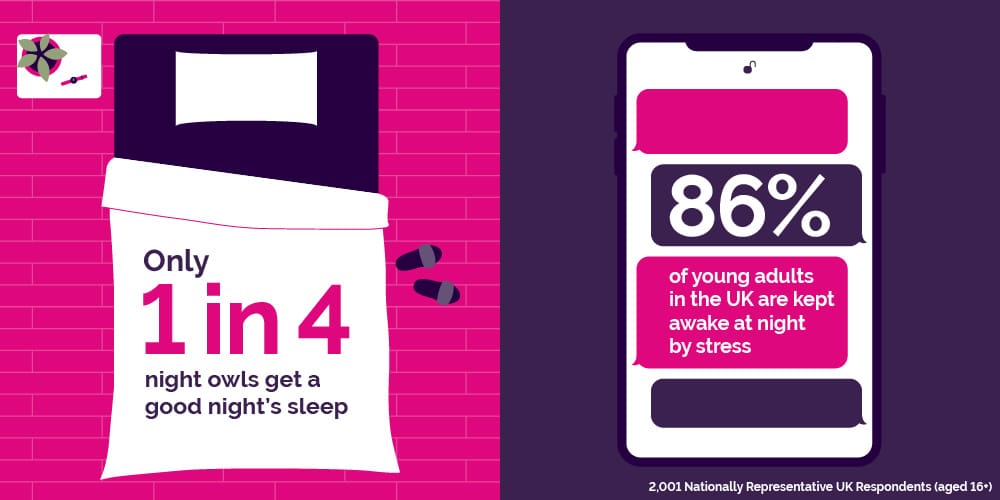
And So to Bed . . .
In conclusion, this exploration into the various factors affecting sleep in the UK has highlighted the complex interplay between our environments, habits and biological rhythms.
From the disruptive effects of noise and light to the influence of stress and technology, it’s evident that achieving quality sleep is a multifaceted challenge requiring a holistic approach!
As we’ve seen, addressing issues like light pollution and noise is crucial, and innovative solutions like the Blackout & Pleated blinds offer practical ways to create a more conducive sleep environment. Combined with strategies for stress management, mindfulness and optimising bedroom conditions, these measures can significantly improve the quality of our sleep. By taking proactive steps to mitigate disturbances and create a peaceful sleep sanctuary, we can all look forward to more restful nights and rejuvenated days!
